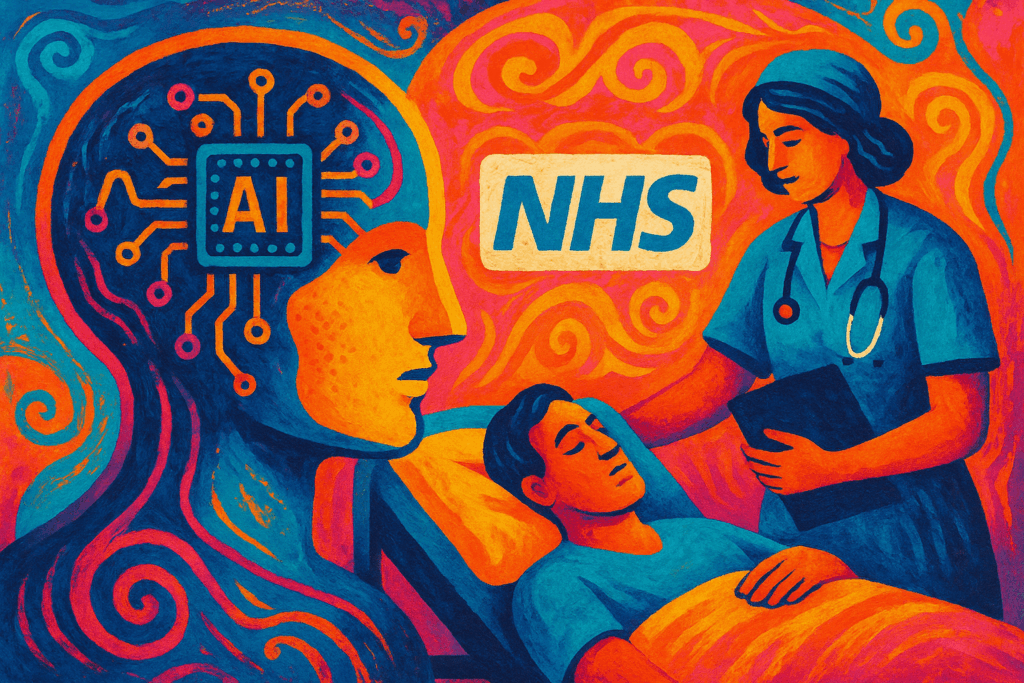Streamlining Patient Discharges with AI Automation
The NHS faces persistent challenges such as lengthy patient waiting times and administrative backlogs. Recently, AI technologies have been trialed to address these pressures. A notable example is the Chelsea and Westminster NHS Trust’s use of an AI platform designed to automate the patient discharge process. This technology extracts essential information from clinical documents, greatly reducing paperwork and speeding up administrative tasks.
By automating discharge protocols, healthcare staff have been able to focus more on patient care rather than bureaucracy. Patients benefit through quicker discharges and improved bed availability, helping to ease congestion in hospitals and support smoother patient flow.
Expanding AI’s Impact Across NHS Services
Beyond discharge procedures, AI applications within the NHS are expanding. The Flok Health physiotherapy app has succeeded in decreasing waiting times by offering digital therapy support, providing patients with convenient access to care. Additionally, AI-driven predictive tools analyze hospital data to identify patient risks early, enabling proactive interventions.
These technologies contribute to reducing administrative strain and optimizing resource allocation. By streamlining tasks across various departments, AI supports the NHS workforce and enhances overall healthcare delivery.
The Future of Efficiency in UK Healthcare
The UK government promotes strategic adoption of AI to advance public healthcare services. The NHS aims to build on current successes by integrating AI solutions that improve operational efficiency and patient outcomes. This vision includes freeing clinical staff from repetitive tasks, optimizing bed management, and leveraging data analytics for better decision-making.
As AI tools become more widespread, the NHS is positioned to develop a more responsive and efficient healthcare system. These advancements offer promising prospects for addressing longstanding NHS challenges while prioritizing quality patient care.




